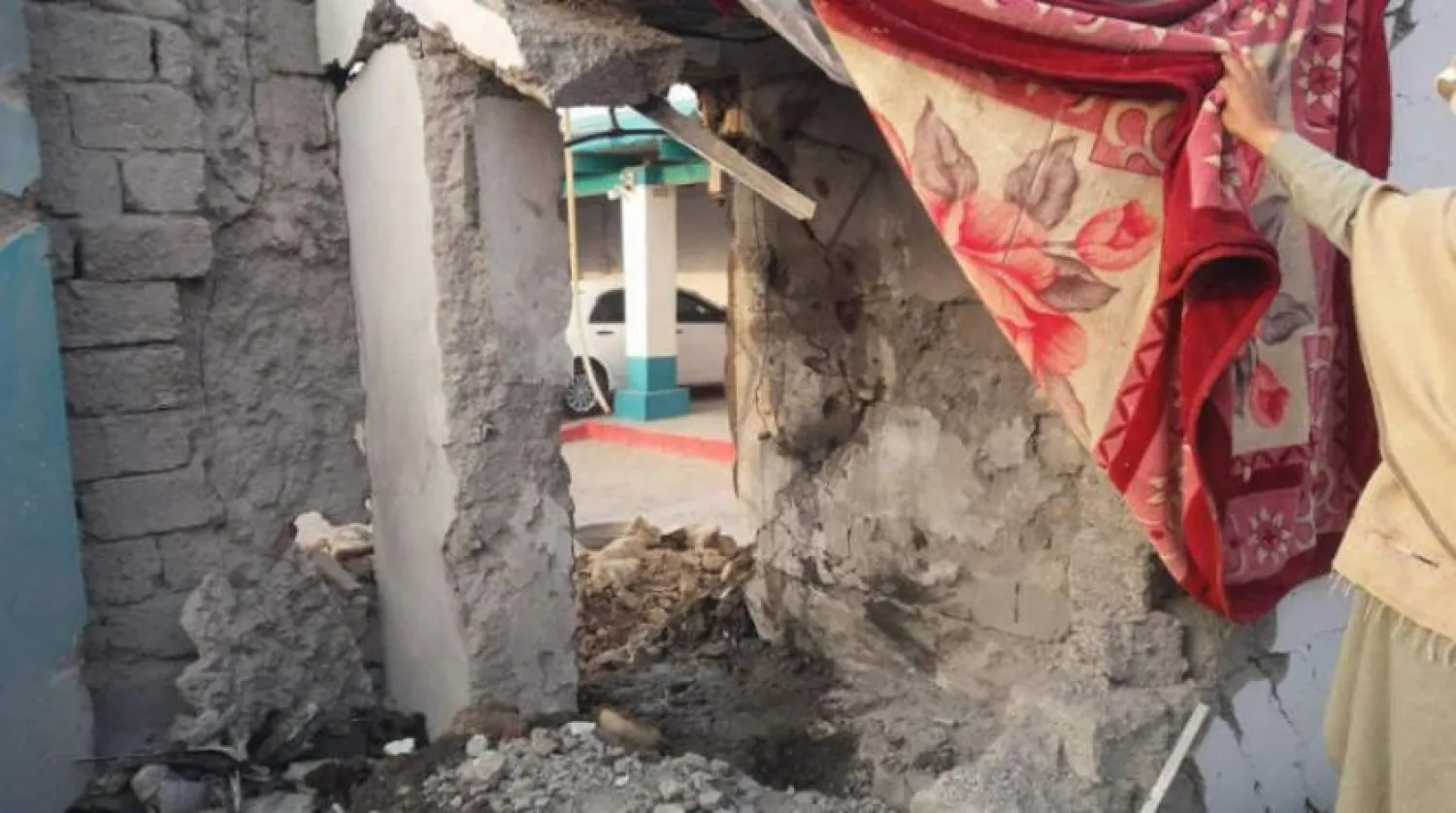A suspected US drone attack in northwest Pakistan killed a fighter from the Haqqani network allied to Afghanistan's Taliban on Wednesday, officials said, days after Afghan authorities accused the group of attacking a Kabul hotel, AFP reported.
The strike took place more than 50 kilometres from the Afghan border, in the village of Mamuzai in Kurram tribal district.
Pakistan's foreign ministry condemned the strike, which it said was carried out by NATO's US-led Resolute Support mission in Afghanistan and targeted an Afghan refugee camp.
A spokesman for the UN's refugee agency told AFP there are no refugee camps in the tribal areas, and no sign of a camp can be seen in pictures from the site.
The US embassy in Islamabad declined to comment and there was no immediate comment from NATO forces in Kabul.
A senior government official in Kurram told AFP that the drone fired one missile at a two-room compound, killing the fighter and destroying the building.
He named the dead man as Nasir Mehmood, alias Ihsanullah Khurya, and described him as an Afghan national and a "mid-level commander of the Haqqani network".
"The US drone remained in the air even after the strike and was flying there for almost 15 minutes," the official said.
Two Pakistani intelligence officials in the area also said the US had carried out a drone strike, but according to their information the drone fired two missiles and killed two fighters of the Haqqani network in the compound. A source close to the Haqqani group confirmed that at least one mid-level Afghan commander had been killed.
Pakistan's foreign ministry slammed the "unilateral action" as "detrimental" to cooperation between both allies.
“Pakistan has continued to emphasize to the US the importance of sharing actionable intelligence so that appropriate action is taken against terrorists by our forces within our territory,” the ministry said in a statement.
The US and Afghanistan have long accused Pakistan of ignoring or even collaborating with groups that attack Afghanistan from havens inside Pakistan, a claim Islamabad denies.
On Sunday the Afghan interior ministry blamed the group for an hours-long attack on Kabul's Intercontinental Hotel in which at least 22 people were killed, including US, Ukrainian, Kazakh and German citizens.
The Taliban, which Haqqani network head Sirajuddin Haqqani is its deputy chief, has claimed responsibility for the attack.
Meanwhile, a Pakistani court on Wednesday restrained the government from arresting Hafiz Saeed, the leader of a group accused of carrying out deadly attacks in Mumbai, India, in 2008, his lawyer said, according to DPA.
The agency added that the rule came on the eve of a visit by the UN Security Council’s sanctions monitoring team to Pakistan.









